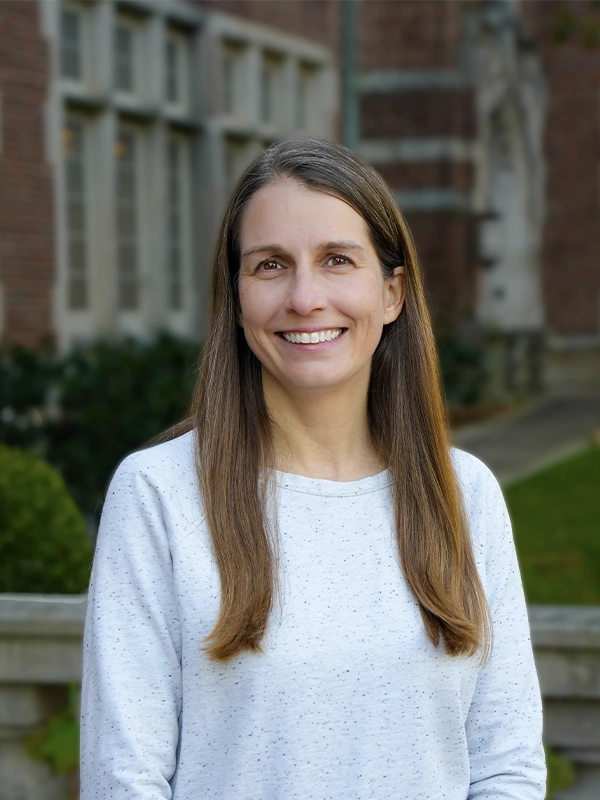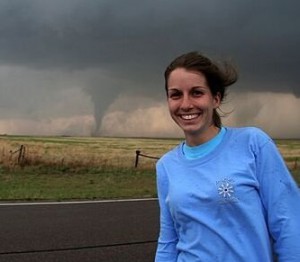Ellis, Kelsey

Specialties
Online
Phone
Office
Kelsey Ellis
Professor and Director of the Institute for Climate and Community Resilience | Physical Geography
I am a physical geographer specializing in hazard climatology. My work is in the intersection of climatology, hazards, and society. In my research I assess the spatiotemporal patterns and trends of atmospheric hazards, including tropical cyclones, tornadoes, heat, flooding, and more. Additionally, much of my research incorporates public risk perception, vulnerability, resiliency, and hazard impacts. I have spent much of the last decade studying tornadoes in the state of Tennessee, including their climatology and impacts, with a focus on those that occur at night. I have worked with the National Weather Service to help contribute to their Research To Operations initiative, and for several years served on the VORTEX-SE steering committee for NOAA.

Five recent projects that demonstrate my current areas of research focus are:
Alerting Elders and Trusted Social Networks Living in EJ Communities About Indoor and Outdoor Risks to Their Health. Funded by TVA, this project focuses on equipping elderly Knoxville residents with personal sensors and early warning detections for threats, including those from weather such as heat and severe convective events. This work is a collaboration with Three3, Inc., SEEED Knox, researchers across UT, and others groups.
Beat the heat: Building adaptive capacity of vulnerable populations in Knox County to combined stressors from climate change and urban heat. Funded by the Institute for a Secure and Sustainable Environment, this project assesses indoor air temperature in Knoxville homes during hot summer weather, and supports a Heat Equity Workgroup in Knoxville. This work is a collaboration with Dr. Kristina Kintziger (Public Health) and Dr. Jen First (Social Work) at UT.
Tornado and flash flood (TORFF) warnings: Examining climatology, vulnerability, and protective decision-making during dual hazards with opposing safety protocols. Funded by the Natural Hazards Center, this work assesses the climatology of TORFF events in the Southeast United States, including an assessment of the types of storms that cause them, and public perception of TORFF events. This is a rapid study as a result of TORFF events in March 2021, allowing for us to study residents’ reactions to receiving both warnings at the same time. This work is a collaboration with Dr. Jen First (Social Work) at UT and Dr. Stephen Strader (Villanova).
Identifying dimensions of vulnerability, inequality, and resilience in Black and Latinx communities in Nashville during a recent EF-3 tornado. Funded by the University of Tennessee, this work surveys Nashville residents in Black and Latinx communities to assess their experiences during a nocturnal tornado in March 2020, and to understand their risk and vulnerability to tornado events. This work is a collaboration with Dr. Jen First and Dr. Mary Held, both in Social Work at UT.
Convective mode and Tennessee tornadoes: Climatology, warning procedures, and false alarm rates. Funded by the National Oceanic and Atmospheric Administration, this work assesses the role that storm mode has on the climatology of tornadoes in Tennessee, and the challenges they bring for National Weather Service forecasters.
If you are interested in reading more about any of these projects, you can check out the papers I have published in these areas.
Education
Ph.D., Florida State
